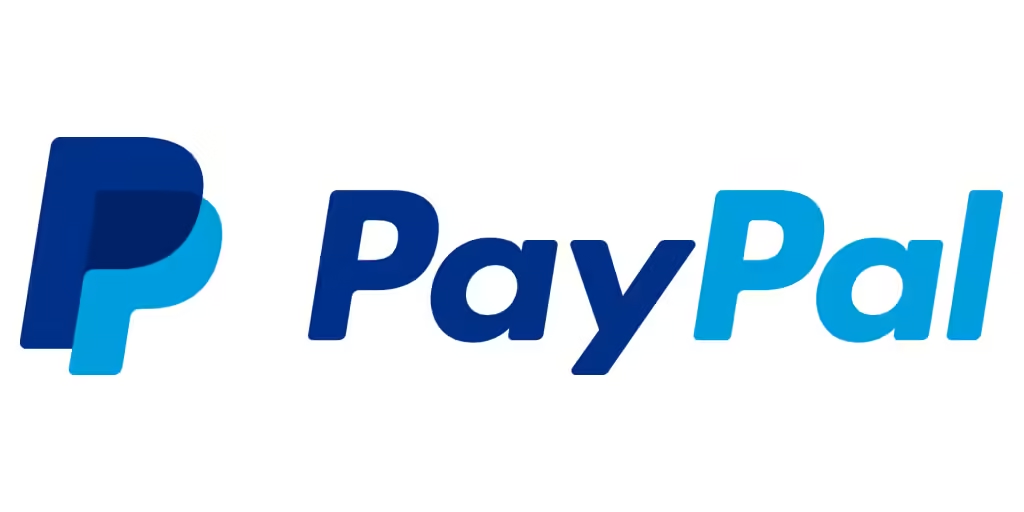|
Getting your Trinity Audio player ready...
|
In a significant milestone for digital finance, PayPal successfully completed its inaugural business payment using its stablecoin, PYUSD, on September 23. This transaction was made with none other than Ernst & Young LLP and was facilitated through SAP’s innovative digital currency hub, a platform designed to streamline instant digital payments for businesses. While the exact amount remains undisclosed, the implications of this transaction are profound, signaling a shift in how companies may handle cross-border payments.
The Rise of Stablecoins In Business Transactions
Traditionally associated with retail users in countries facing volatile fiat currencies, stablecoins are now gaining traction in the business world. A recent report from Chainalysis, the “2023 Geography of Cryptocurrency Report,” indicates a growing reliance on stablecoins in countries like Argentina, Venezuela, and Mexico. Here, they serve as a shield against inflation and offer a cost-effective alternative for cross-border transactions.
PayPal’s Senior Vice President for Blockchain, Cryptocurrency, and Digital Currency, Jose Fernandez da Ponte, pointed out that the enterprise environment is ripe for stablecoin adoption. He noted that business-to-business (B2B) payments often involve slow processes and high fees due to third-party intermediaries. The integration of stablecoins like PYUSD can transform this landscape, enabling faster and more efficient settlements that are increasingly attractive to businesses.
Enhancing Payment Options for Merchants
On September 25, just days after the landmark transaction, PayPal rolled out new services allowing U.S. merchants to buy, hold, and sell cryptocurrency through their business accounts. This initiative is part of a broader strategy to enhance payment options and promote digital currencies in the mainstream financial ecosystem.
According to a July survey by Ernst & Young, PYUSD has emerged as a frontrunner in the stablecoin arena, with 47% of respondents—comprising both accredited and non-accredited investors—indicating its use for payments. This statistic underscores the growing acceptance of PYUSD as a viable payment option, particularly among businesses.
The Infrastructure Supporting PYUSD
In a further testament to the growing infrastructure supporting PYUSD, BVNK, a payments infrastructure provider, announced that it has begun converting U.S. dollars sent through its platform via SWIFT into stablecoins, including PYUSD. This facilitates global client payments, reinforcing the stability and utility of PayPal’s stablecoin for business transactions.
Also Read: PayPal Expands Crypto Services For U.S. Businesses Amid 42% Drop In PYUSD Market Cap
The cryptocurrency landscape has faced significant challenges, especially following the collapse of FTX, which raised questions about the stability and reliability of digital assets. However, PayPal’s partnership with established companies like Ernst & Young serves to alleviate these concerns. The Vice President of Crypto-Related Business at PayPal emphasized that these collaborations are aimed at showcasing the stability and practicality of PYUSD in real-world business transactions.
PayPal’s successful use of PYUSD to settle a payment with Ernst & Young marks a pivotal moment for the adoption of stablecoins in business transactions. With faster settlements, reduced costs, and growing infrastructure supporting digital payments, businesses worldwide may soon find stablecoins an indispensable part of their financial toolkit. As the landscape evolves, PayPal is positioning itself at the forefront of this digital currency revolution, offering a glimpse into the future of business payments.
Disclaimer: The information in this article is for general purposes only and does not constitute financial advice. The author’s views are personal and may not reflect the views of Chain Affairs. Before making any investment decisions, you should always conduct your own research. Chain Affairs is not responsible for any financial losses.
I’m a crypto enthusiast with a background in finance. I’m fascinated by the potential of crypto to disrupt traditional financial systems. I’m always on the lookout for new and innovative projects in the space. I believe that crypto has the potential to create a more equitable and inclusive financial system.




